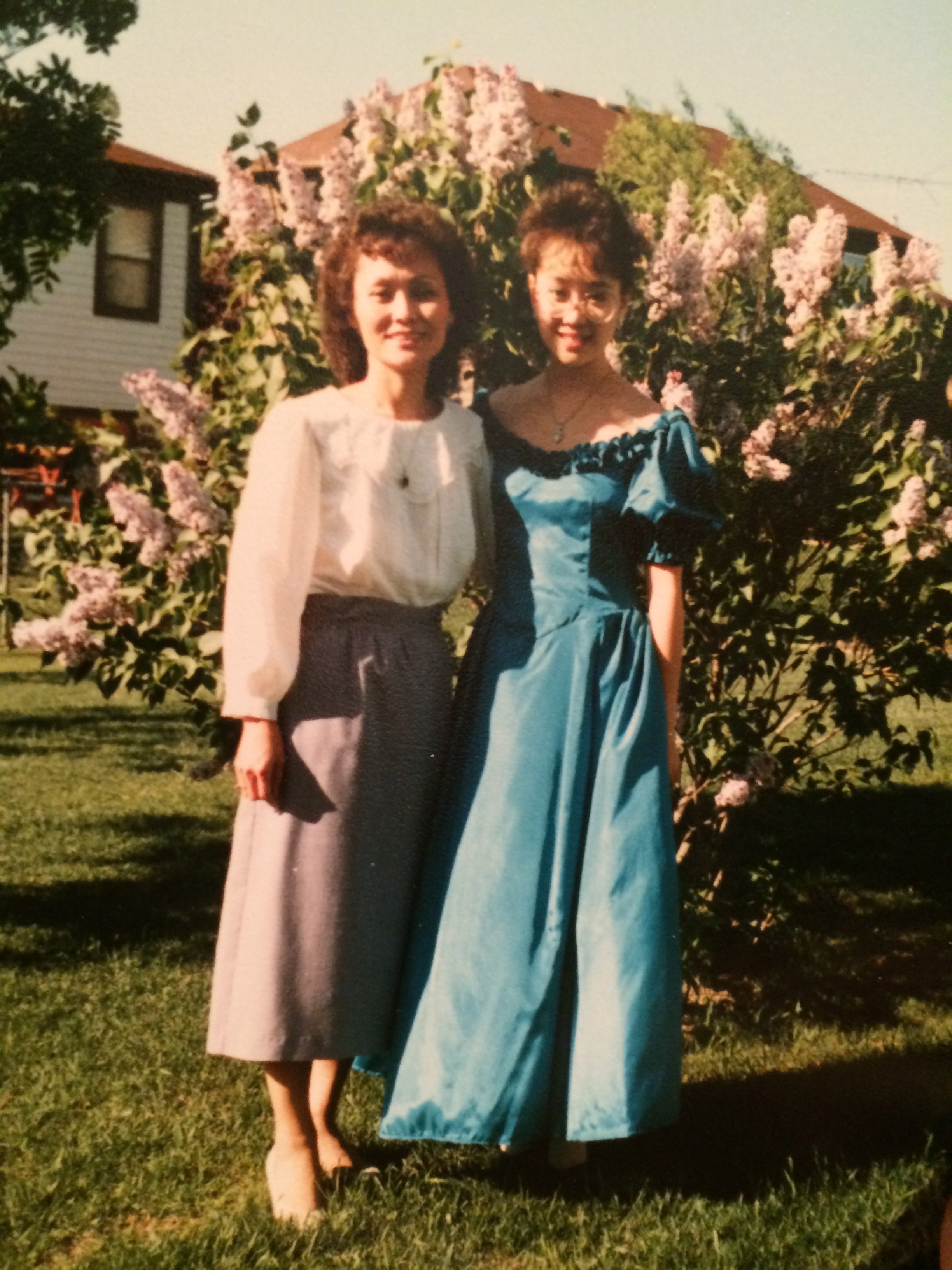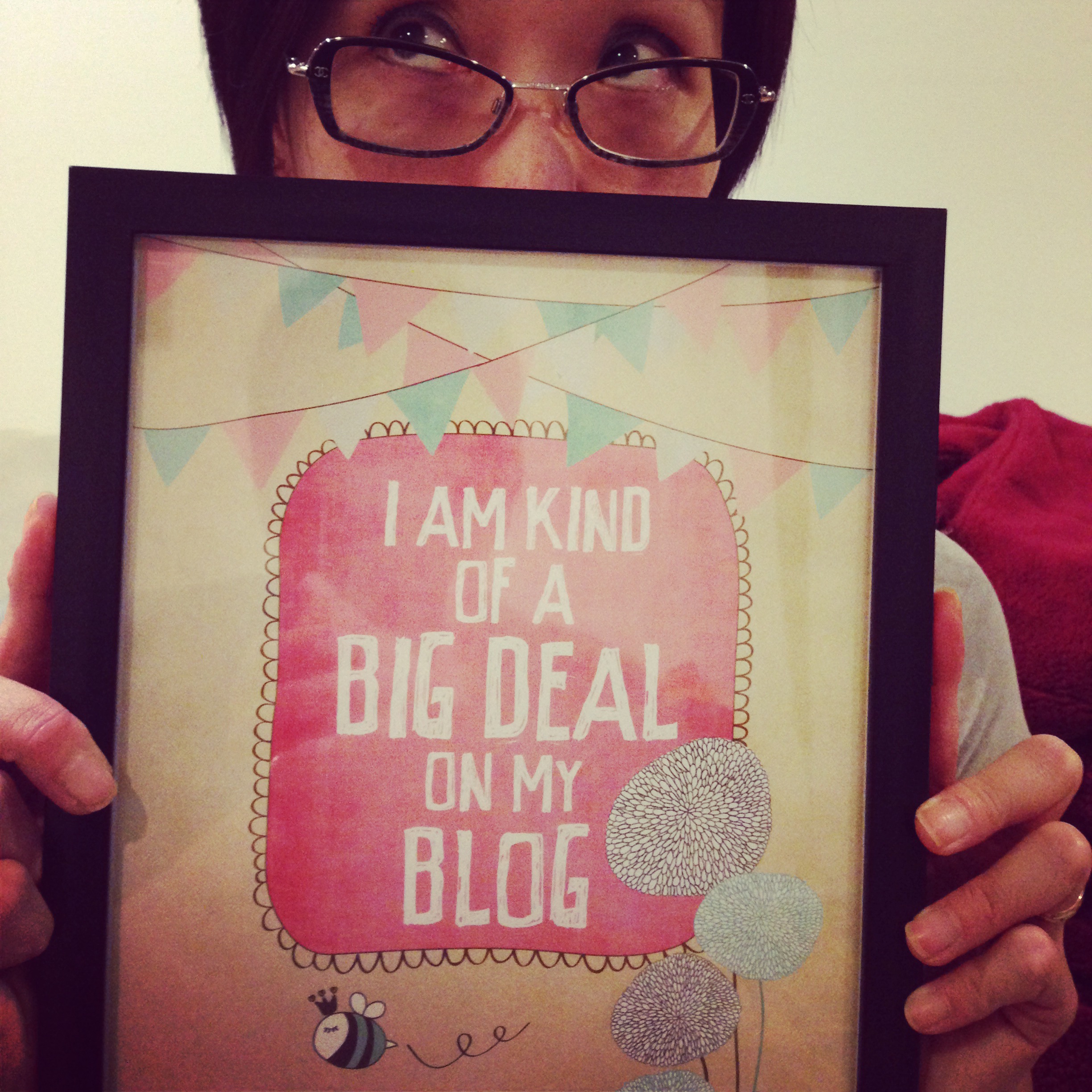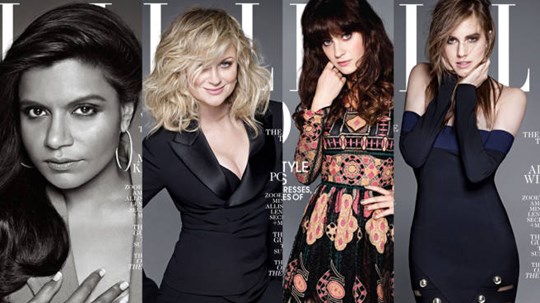This weekend marks my first prom as a parent.
Dress shopping for my daughter was easier than expected. I will take full credit for spotting the dress and encouraging her to try it on back in February and then ordering the correct size on the spot. It was thrilling and bittersweet to see my 18-year-old baby girl coming out of the dressing room with the confidence, grace, and beauty of a young woman.
Hopefully there will be no ogling by men. Grown men.
Now, I’ve been searching the inter webs for comments or a response from the young woman’s parents or the prom organizers addressing the specific allegations – that the young woman’s dress was cause for concern and she was dancing in a provocative manner. If, dear readers, you find something, please let me know.
But in the meantime, let’s take our blindfolds off. Shall we? The young girl isn’t the problem. Her dress isn’t the problem. Her dancing isn’t the problem.
We grown-ups are the problem. Why?
When other grownups need to write policies that regulate the length or style of clothing that generally apply to girls there are some of us who think some of those policies ought to be common sense. And then we realize if it were truly common, written policies wouldn’t be in school handbooks and then require signatures. Take the following excerpt for example:
School Dress Code and Student Appearance
Student dress and grooming are basically the responsibility of the student and parent. While respectful of individuality, the staff and administration of — feel certain guidelines are necessary for the successful operation of the school. Under the guidelines of promoting a positive educational setting, the following rules of dress and grooming have been established:
- Dress which is extreme, exhibitionist, or of immodest fit or style to the extent that it interferes with the instructional process will not be allowed. Fishnet shirts, see-through blouses, spaghetti strap tops, and clothing that expose a bare back or midriff cannot be worn to school.
- Coats, jackets and snow boots are not appropriate classroom attire.
- Headwear is not to be worn inside the building unless it is a “Hat Day”.
- Articles of clothing with suggestive or inappropriate slogans, weaponry or acts of violence, and/or depictions of drug and/or alcohol use are not allowed in school.
I’ve not recently seen fishnet shirts, but it was a style in the 80s so don’t be surprised. And that bare midriff thing keeps coming back (and it didnt look good then so why would it look good now?).
When we grownups think that regulating clothing choices is a solution we need to remember objectification of girls happens across the globe, even in cultures and countries that require women to be fully covered from head to toe. We grownups forget that excusing boys for being boys tends to allow those boys to age but never mature. We grownups add to the complicated message when we cross that line between staying in shape and being fashionable and trying to go back to our gilded youth and live vicariously through the vocabulary or closet of our teenagers.
MILF and DILF are not compliments. It’s the other side of the same coin as the ogling dads, people. And it’s gross and INAPPROPRIATE.
We grownups are the problem when we make decisions that put other children in danger. What kinds of decisions?
We would also like to alert parents to a law that states, adults who rent hotel or motel rooms for underage drinking parties risk fines and possible jail sentences. Parents arranging such parties are also liable for any accidents caused by students as a result of attending this type of party. (From a note to prom parents at a certain high school but certainly not the only school needing to remind parents to be parents.)
I’m not dumb. I know teenagers drink. I tried it in high school. I didn’t have the tolerance for it like I do now, and I was far more terrified of the consequences. I think the fear and respect for authority my parents instilled in me kept me out of some fun but definitely out of more trouble than was worth that missed fun. I just don’t think adults – PARENTS – should be turning a blind eye or allowing this to happen because it isn’t better that your kids and their friends get smashed in your house. No. It’s illegal.
So, as I head into this prom weekend as a first-time prom parent I find myself back in high school with the same mindset that made high school miserable but got me to a healthy adulthood.
Make good choices, parents. Make good choices.

I had to go to prom because I was the junior class president. I’m sure I told you that I was that over-achieving kid in high school. I wasn’t lying. Tea-length teal dress. A geek, but a stylish one. Got it from my mom, pictured here with me.


